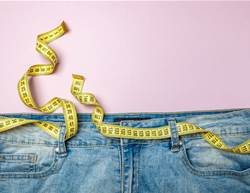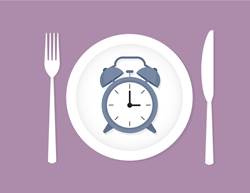Here's the thing: I'm a serial snacker. I could graze all day long. I don't like big meals, plus I've always heard the health mantra that you should eat six smaller meals rather than three big meals a day (one writer actually tried this six-meals-a-day thing, and here's how it went). But then I started keeping a food journal and realised just how much I was eating throughout the day. Sure, I was eating healthy snacks like nuts, fruit and cheese, but I was eating too much of them. I wondered, was my snacking habit a bad one?
Nutrition experts disagree on whether snacking is smart or not, but one thing they all agree on is that you should be careful which foods you reach for, and avoid eating mindlessly. For many, snacks account for up to 25% of our total daily caloric intake, so smart snack choices are essential, advises Dr Morton Tavel.
"I don't think snacking is inherently bad for you," says dietitian Ana Reisdorf. "I am a believer that if you are physically hungry you should eat, but snacking can easily get out of control when we're eating for reasons other than hunger, like boredom or fatigue."
With these warnings in mind, I decided to go snack-free for a month. I would eat breakfast, lunch and dinner only (trying not to alter my meals much from my usual ones), and stick to healthy, fibere-filled meals with lots of fruits and veggies. No mid-morning or mid-afternoon snacks, and especially no late-night munching. Here's what I learned from my month without any snacks—and where experts said I went wrong.
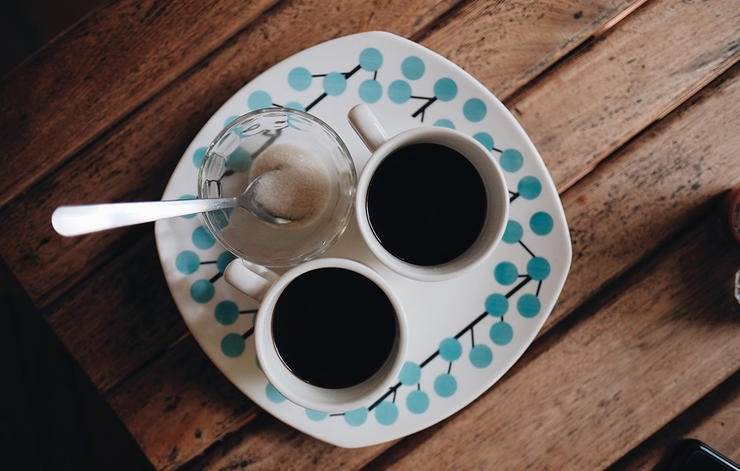
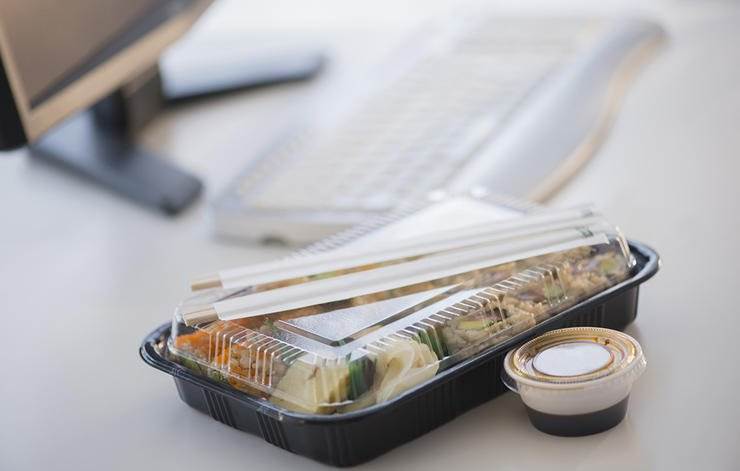
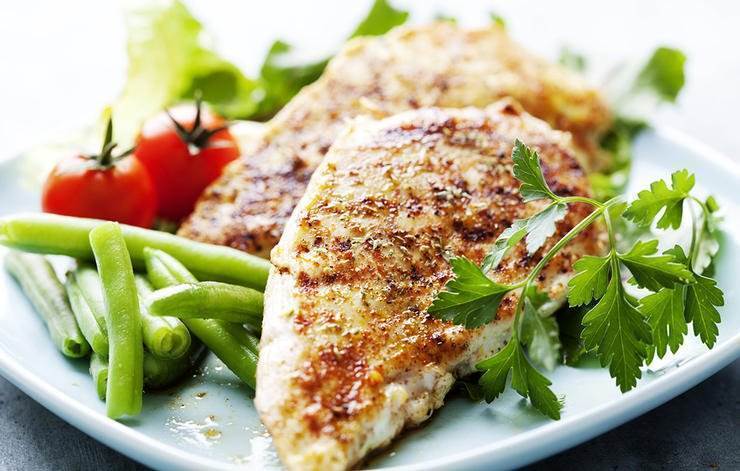
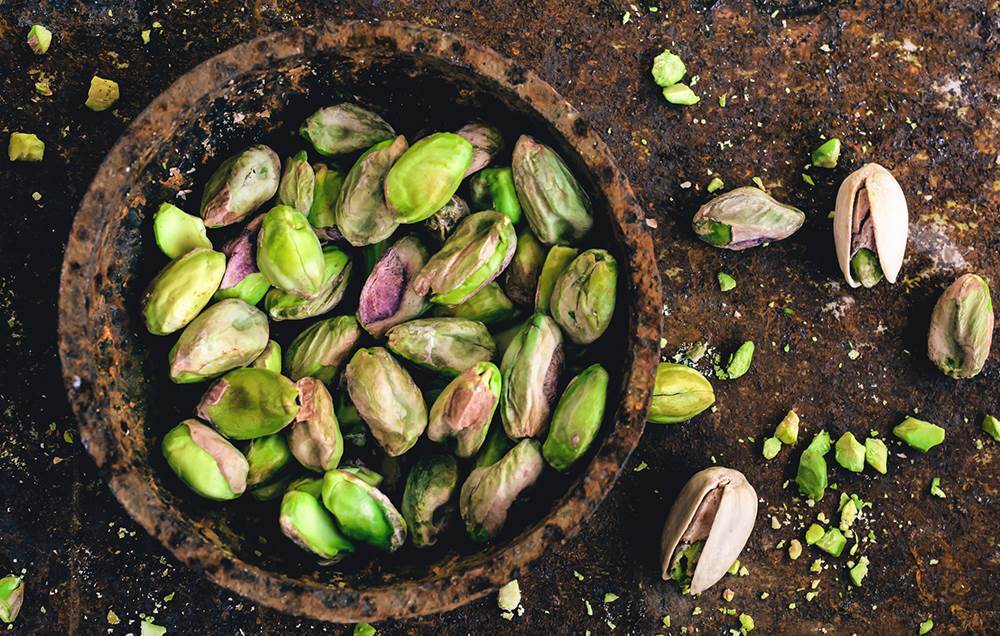
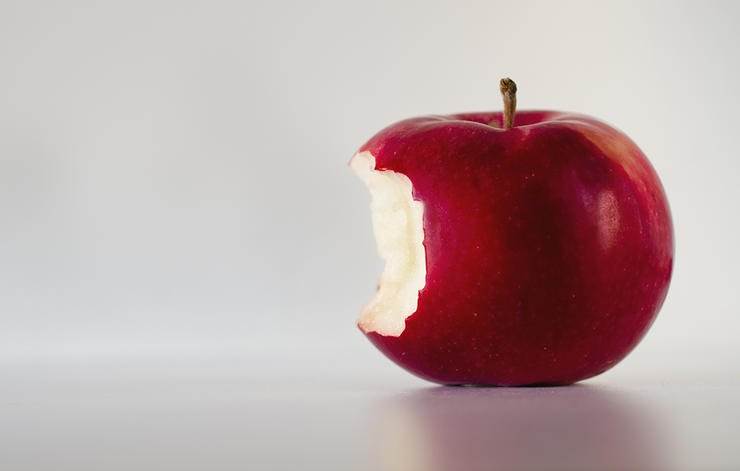
I uncovered hidden calories.
I have to admit, the first day was pretty hard, going from a day full of snacks to no snacks at all. Plus, what exactly constitutes a snack? Is a coffee break a snack? Coffee itself is not a source of a lot of calories, carbs or sugar (I drink instant coffee, yes I will actually admit that), but I put quite a bit of skim milk in there. I realised that ¼ cup of milk has 3 grams of carbs, 23 calories and 3 grams of sugar. So I felt like I was drinking a morning snack whenever I had my coffee. I decided to scale back on the skim milk, but still have my coffee. It didn't taste as good, but I figured it was in keeping with my new schedule.
Expert’s take: A little skim milk in your coffee is no big deal, assures dietitian Lisa Cohn. As long as you're not adding heaps of sugar or flavourings, you can sip away.
I ate lunch much earlier.
Mid-morning, I usually have a Weight Watchers cheese stick and some nuts (on a good day) or whatever was left over from last night's dinner (on a not-so-good day). Since I cut this mid-morning snack, I was starving by the time lunch came. Normally I eat at 1 PM, but with this new no-snacking thing, I ate my lunch by noon—OK, sometimes by 11. Then the long afternoon spread out in front of me. In hindsight, I definitely should've consulted a dietitian to devise a better eating plan before making a sudden change like this.
Expert's take: "If you're not going to snack, your meals should provide balanced energy and have about 5-10 grams of healthy fats," says Cohn. (Oops.) She recommends a meal consisting of around 30 grams of complex carbs and 10 grams of fiber. Here's her suggestion for a full meal:
- A drizzle olive oil on ¼ avocado
- 20 grams protein such as fish, poultry breast, egg or tofu
- Complex carbohydrates such as beans, multigrain sprouted bread or oats
- A serving of fruit with less than 10 grams of sugar, like berries or grapefruit
Nothing seemed to satisfy my hunger.
Instead of a healthy mid-afternoon snack of fruit (usually a banana or apple, or if it's been a tough day, maybe a cookie), I had a cup of tea, hoping it would satiate my grumbling stomach. It did not. I kept drinking water hoping it might do the same. Instead, I felt light-headed and even a little punch-drunk in the afternoons. Even though I don't drink (alcohol), my brain felt fuzzy.
Usually I eat around 6ish, but since I was so hungry from the no-snack rule, I was starving by 5. I also ate three pieces of chicken for dinner the first day of the experiment instead of my usual one—I felt like I couldn't get full. My typical dinner is a big salad (lots of veggies), protein (about 115 grams of chicken or turkey), and fruit. During my no-snacking month, I stuck to this, but suddenly found myself eating way too much of everything. Yes, fruit is good, but one dinner I ate two bananas, plus an orange.
And this, really, was the problem the whole month I did away with snacking: I was always hungry and lacking energy. I found myself becoming obsessed with food and couldn't wait until mealtime, constantly thinking about what I would eat next.
Expert's take: Turns out, I wasn't eating the right food combo for dinner; I was skimping on fibre-filled whole grains that would actually help me stave off my hunger. "Whole grain foods and fruits and vegetables containing fibre help to keep you fuller, longer and also slow the breakdown of sugar, preventing blood sugar spikes," says dietitian Laura Campbell. She suggests eating more blueberries, oats, chia seeds and lentils, which all pack plenty of fibre.
I need my snacks.
Truth be told, I did cheat a few times and snack on the weekends if I was at a party, or if I was just too hungry during the week. I tried to make it healthy, but I did cave for the occasional Kit Kat. Plus, going to bed without a little snack was tough. No snacking may work for some people, but it didn't for me. And even though I only loosely tracked my calories, I'm pretty sure I more than made up for my usual snack calories by overeating at mealtime.
Expert's take: Snacking can be bad for you if you're eating high-carb cookies and treats all the time, but generally healthy snacks are nothing to worry about. "Your best bet is to take small portions of nutrient-packed, unprocessed foods," stresses Tavel. "Each snack should include food groups that possess no more that 100 to 200 calories." He recommends a high-protein snack like unsweetened yogurt or fruit and nuts that will keep you full for longer.
dietitian Adina Pearson also suggests edamame, cottage cheese or eggs. "Fat is helpful as it slows digestion down a bit and helps a meal stick a bit longer," she says.
The aftermath
When my experiment was (finally) over, I decided to go back to snacking, but to watch portion sizes and limit myself to a mid-morning and mid-afternoon snack. Reisdorf told me it's the nighttime snacking that gets you into trouble: "We are not active in the evening and are generally tired and maybe a little bored, so you are really prone to reach for something less than healthy," she says. "A mid-morning or mid-afternoon snack can be a part of any healthy diet, but no one should be eating after dinner." That seems like a happy medium for me.







